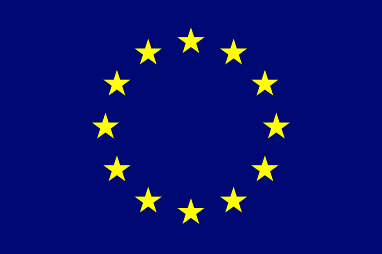Humanitarian Action at a Crossroad: Why the EU Must Boost Funding in the Next MFF

The European Union has long been a global humanitarian leader, yet its funding commitments are failing to keep pace with soaring needs. Today, only 1% of the EU’s long-term budget is allocated to humanitarian assistance—an unsustainable reality as crises multiply and intensify. In 2024 alone, just 45.5% of the $49.6 billion required for global humanitarian action was funded, leaving millions without critical aid.
In response, VOICE is calling on the EU and its Member States to urgently scale up humanitarian funding in the next Multiannual Financial Framework (MFF) for 2028-2035.
Our key recommendations include:
- Maintaining a dedicated budget line for humanitarian assistance within the new MFF structure.
- Allocating a minimum of €18.2 billion over seven years, with an annual baseline of at least €2.6 billion.
- Preserving the Emergency Aid Reserve (EAR) with a minimum annual allocation of €600 million for external action.
- Increasing national contributions from EU Member States to strengthen the EU’s ability to respond to crises.
With over 307 million people in need, the EU must act now to ensure life-saving aid reaches those most affected. A people-centered approach—not profit-driven agendas—must guide EU humanitarian action, safeguarding the principles of humanity, impartiality, neutrality, and independence.
As the debate on the post-2027 MFF takes shape, VOICE urges EU decision-makers to prioritize humanitarian funding.

